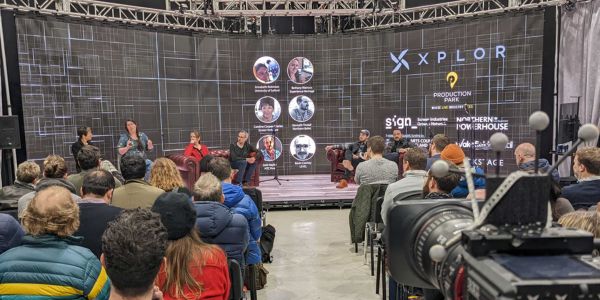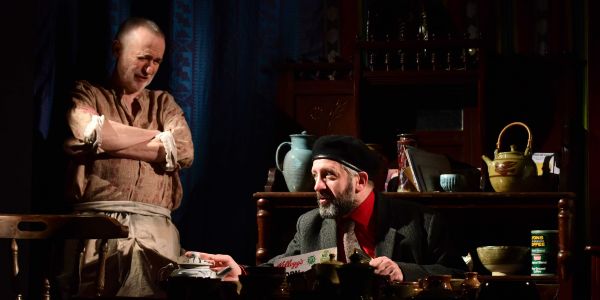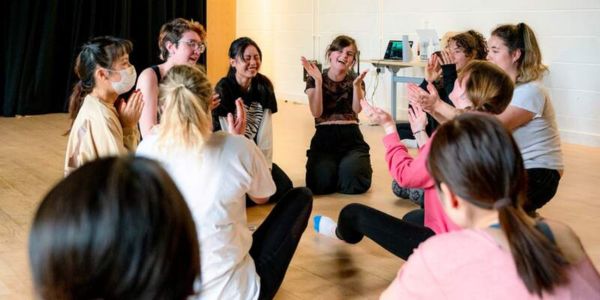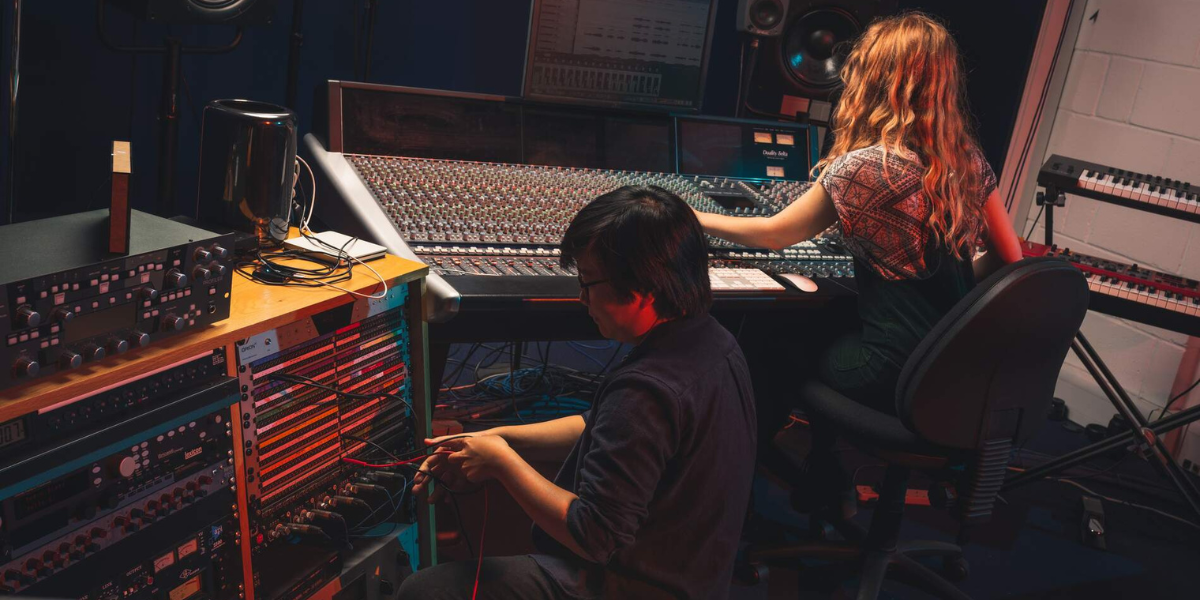
Research and practice in arts and creative technologies
Creating a collaborative research and practice community

The School aims to be a leader, nationally and internationally, in research, scholarship, professional practice and external engagement in the fields of arts and creative technologies. We encourage new ways of thinking about music, theatre, film and television, creative technologies and the creative industries. Through our research and practice we respond to grand challenges by engaging with communities, businesses, governments and cultural organisations.
Dr Lisa Peschel - Senior Lecturer in Theatre and Chair of Research and Practice
Research clusters
The strength and breadth of our research and practice is reflected in five research clusters that help us support our research community and the University's vision for public good.
Facilities
We have a range of facilities to support our research, practice and collaborations with partners.
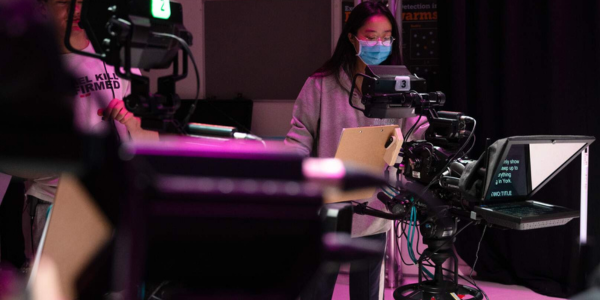
Music press
Research seminar series
To showcase our research, and enhance collaboration, we hold a regular series of seminars including papers by visiting speakers, as well as presentations by University of York staff and current research students.
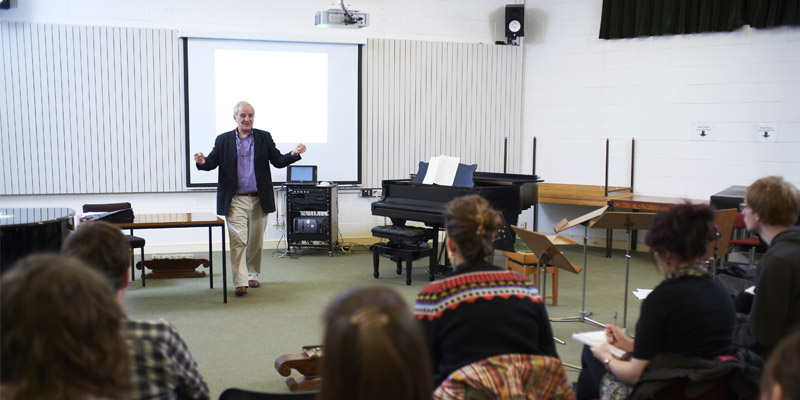
Archives
The Borthwick Institute for Archives houses fascinating collections to support theatre, music and television research and study.




